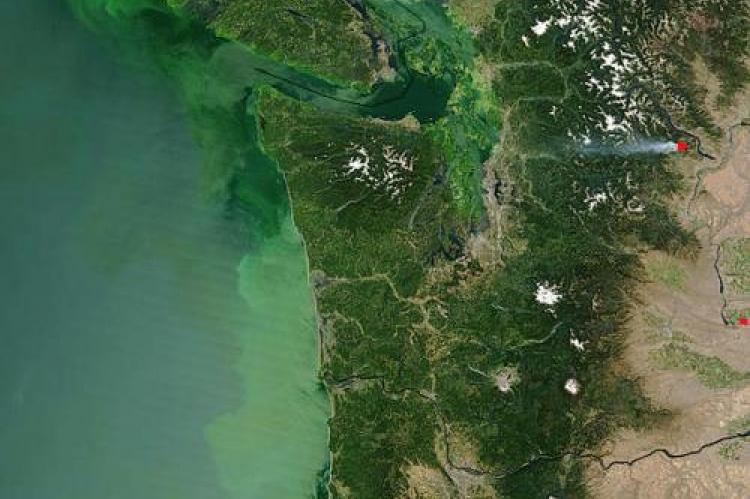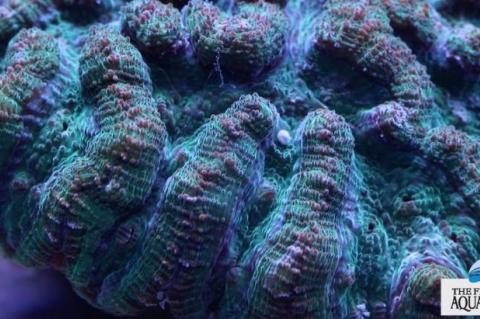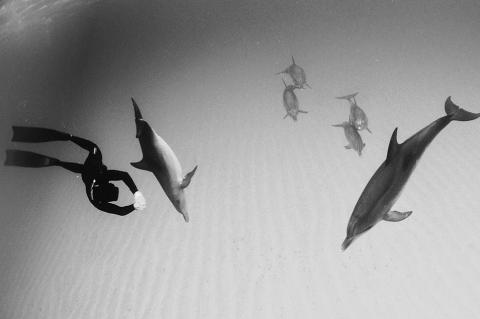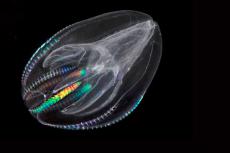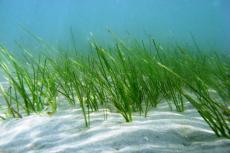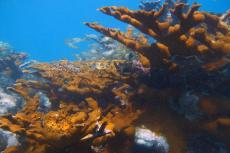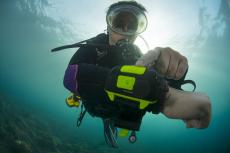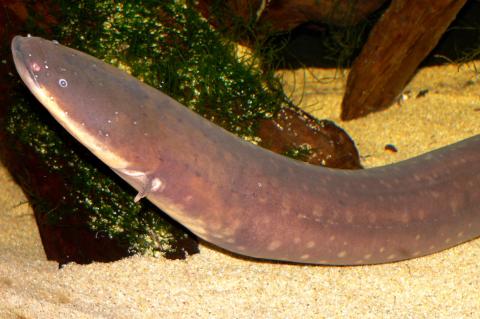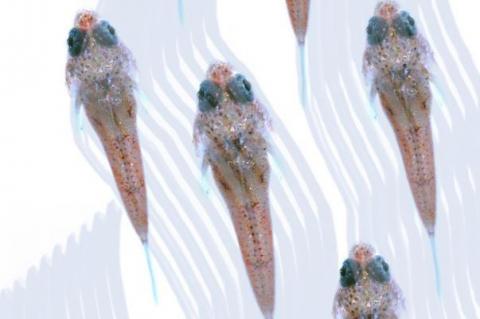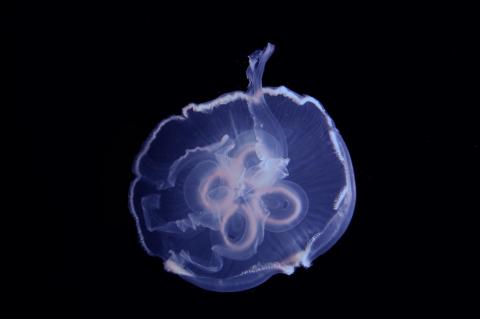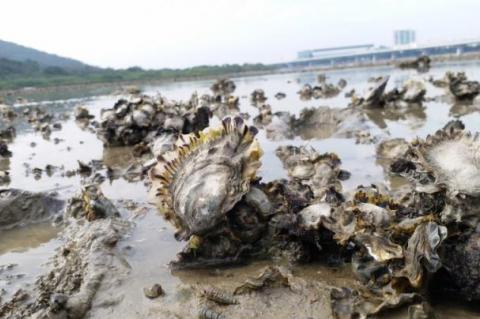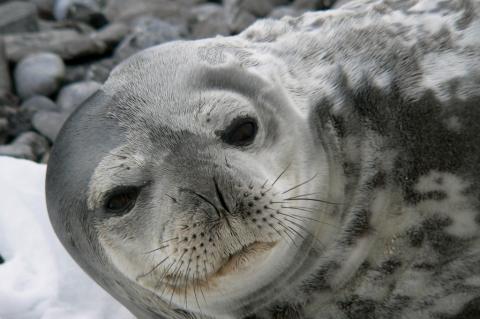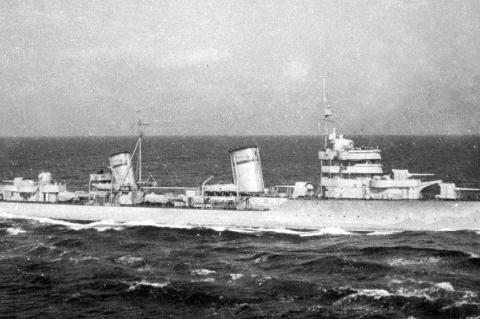'Hot Spot' For Harmful Algal Blooms discovered
A new study by NOAA reveals that a part of the Strait of Juan de Fuca, which separates Washington state from Canada’s British Columbia, is a potential “hot spot” for toxic algal blooms in the Pacific North West. Scientists concluded that under certain conditions, toxic algal cells from this offshore “initiation site” break off and are transported to nearshore areas, where they can trigger blooms that can ultimately force the closure of Washington state shellfish beds on beaches.
Understanding where and how these blooms originate and move is critical for accurate forecasts that could provide early warning to protect human and ecosystem health, according to NOAA scientists.
Over the course of the five-year study, scientists noted the Juan de Fuca eddy, a circular water mass rotating approximately 30 miles off the northern coast of Washington at the mouth of the Juan de Fuca Strait, frequently contained significant populations of the microscopic alga, Pseudo-nitzschia.
Toxic algae
Scientists and their students undertook thousands of measurements at sea and conducted experiments onboard research vessels and in their laboratories to better understand the factors that initiate and sustain the growth of this toxic alga and determine why it produces a deadly biotoxin.
This naturally-produced biotoxin, domoic acid, can accumulate in shellfish, crabs and some fish. By attacking the nervous system it can cause adverse health effects or even death in birds, marine mammals and humans who consume affected marine species. Fishing communities can suffer severe economic losses due to closures of recreational, subsistence and commercial harvesting and lost tourism.


